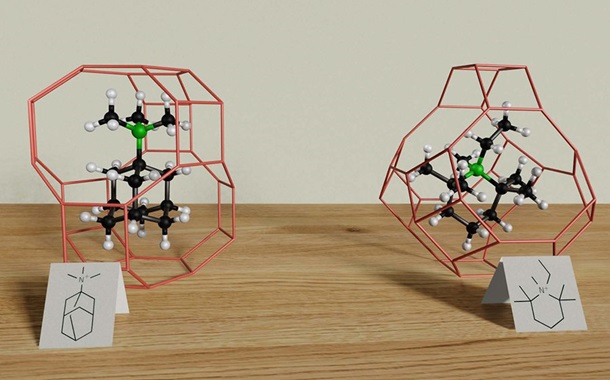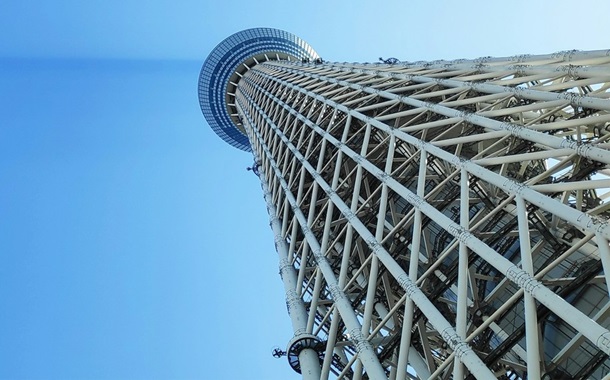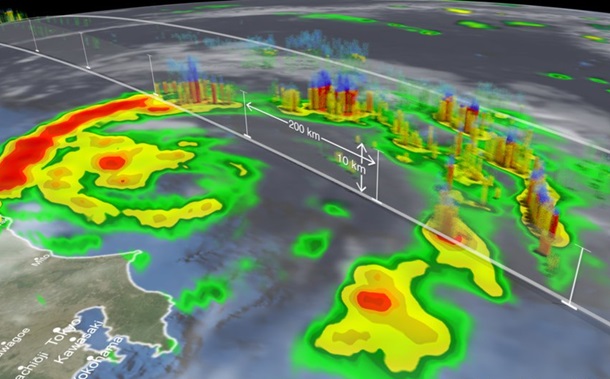Assessment of the Perceptions of Pre-service Teachers towards Practical Work in the Context of Scientific-technological Literacy
Downloads
This research aims to analyze the perceptions of future preschool teachers towards the application of practical work. This study is part of a more comprehensive teaching innovation project, which aims to contribute to the scientific and technological literacy of teachers in initial training. Three practical activities were designed from the topic Didáctica del Medio Natural at the University of Cádiz (Spain) and implemented during the 2018-2019 year. After their completion, a questionnaire was provided of three closed questions Likert type with five levels. The student's answers were analysed from a quantitative approach taking into account aspects: (1) Usefulness for professional training; (2) Degree of satisfaction with contents; and (3) Degree of utility for your future teaching career. Results indicate that students, in general, were very satisfied with the development of the practical work designed. However, their opinions varied when they considered their usefulness for future teaching work. In conclusion, results indicate that practical work allows future teachers to increase their interest in science. However, it can be advised of the necessity to look for spaces to be able to discuss the learning acquired and to be able to adapt these practices to the children's classroom to consider their didactic potential.
Doi:10.28991/HIJ-2020-01-03-04
Full Text:PDF
Downloads
Acevedo Díaz, J. (2017). Reflections on the purposes of science teaching: scientific education for citizens. Eureka Magazine on Teaching and Dissemination of Sciences, 1(1), 3-16.
Solbes, J., & Vilches, A. (1997). STS interactions and the teaching of physics and chemistry. Science education, 81(4), 377-386. doi:10.1002/(SICI)1098-237X(199707)81:4<377::AID-SCE1>3.0.CO;2-9.
Hodson, D. (1994). Towards a more critical approach to laboratory work. Science Teaching: Journal of Research and Didactic Experiences, 12(3), 299-313.
Millar, R. (2004). The role of practical work in the teaching and learning of science. Paper prepared for the Committee: High School Science Laboratories: Role and Vision, National Academy of Sciences, Washington, DC, United States.
Grilli Silva, J. (2018). The natural material in school biology. Ethical and didactic considerations on practical laboratory activities. Eureka Magazine on Teaching and Dissemination of Sciences, 15(1), 1–19. doi:10.25267/rev_eureka_ensen_ divulg_cienc.2018.v15.i1.1104.
Izquierdo, M., Sanmartí, N., & Espinet, M. (1999). Foundation and design of school practices of experimental sciences. Science Education, 17 (1), 45-59.
Kirschner, P.A. (1992). Epistemology, Practical Work and Academic Skills in Science Education. Science & Education 1, 273-299.
Sharp, J., Peacock, G., Johnsey, R., Simon, S., Smith, R., Cross, A., & Harris, D. (2020). Primary science: teaching theory and practice. SAGE Publications, California, United States.
van den Brink, M. (2020), ""Reinventing the wheel over and over again”. Organizational learning, memory and forgetting in doing diversity work", Equality, Diversity and Inclusion, 39 (4), 379-393. doi:10.1108/EDI-10-2019-0249.
Abrahams, I., & Millar, R. (2008). Does Practical Work Really Work? A study of the effectiveness of practical work as a teaching and learning method in school science. International Journal of Science Education, 30(14), 1945–1969. doi:10.1080/09500690701749305.
Hodson, D. (1992). In search of a meaningful relationship: an exploration of some issues relating to integration in science and science education. International Journal of Science Education, 14(5), 541–562. doi:10.1080/0950069920140506.
Trautner, M., & Schwinger, M. (2020). Integrating the concepts self-efficacy and motivation regulation: How do self-efficacy beliefs for motivation regulation influence self-regulatory success? Learning and Individual Differences, 80, 101890. doi:10.1016/j.lindif.2020.101890.
Abrahams, I. (2009). Does Practical Work Really Motivate? A study of the affective value of practical work in secondary school science. International Journal of Science Education, 31(17), 2335–2353. doi:10.1080/09500690802342836.
GarciÌa Barros, S., MartiÌnez Losada, C., & Mondelo Alonso, M. (1998). Towards the innovation of practical activities from teacher training. Science Education, 16(2), 353-366. doi:10.5565/rev/ensciencias.4138.
Sahin, D., & Yilmaz, R. M. (2020). The effect of Augmented Reality Technology on middle school students' achievements and attitudes towards science education. Computers & Education, 144, 103710. doi:10.1016/j.compedu.2019.103710.
Ocaña, M., Quijano, R., & Toribio, M. (2013). Learn science to teach science. IX International Congress on Research in Science Didactics, Girona, Spain (9-12 September), 2545-2551.
Mellado, V., Borrachero, A., BriÌgido, M., Melo, L., ...., VaÌzquez, B., JimeÌnez, R., & Bermejo, M. (2014). Emotions in science teaching. Science Education, 32(3), 11-36. doi:10.5565/rev/ensciencias.1478
SantmartiÌ, N. (2001). Teaching to teach Science in Secondary: A very complicated challenge. Interuniversity Journal of Teacher Training, 40, 31-48.
Abell, S. (2007). Research on science teacher knowledge. In S. Abell, & N. Lederman (Eds.), Handbook of research on science education (pp. 1105-1149). Mahwah, NJ: Lawrence Erlbaum.
Ampumuza, G. J., Okaka, W., Obanda, P. W., & Watmon, T. B. (2020). Assessing Decentralized Contract Life Cycle Management Issues and Challenges. Journal of Human, Earth, and Future, 1(1), 20–29. doi:10.28991/hef-2020-01-01-03.
CantoÌ, J., & Serrano, N. (2017). What are the main problems to make science present in early childhood classrooms?: The vision of practicing teachers. X International Congress on Research in Science Didactics, Sevilla, Spain (5-8 September), 1995-2000.
Giri, V., & Paily, M. U. (2020). Effect of Scientific Argumentation on the Development of Critical Thinking. Science & Education, 29(3), 673–690. doi:10.1007/s11191-020-00120-y
Aragón, L., Jiménez-Tenorio, N., Vicente Martorell, J., & Eugenio, M. (2021). Do the conceptions about science of future teachers' progress after the implementation of constructivist proposals for scientific literacy?, Gondola, Science Teaching and Learning, 16(1), 78-95
Jiménez-Tenorio, N., Vicente Martorell, J. J., Aragón Yúñez, L., & Oliva Martínez, J. M. (2020). Promote argumentation in science classes through a socio-scientific controversy in future teachers. Apex. Journal of Science Education, 4(1), 79–86. doi:10.17979/arec.2020.4.1.4639.
LoÌpez, M., & De la Cruz, O. (2016). Collections and dichotomous keys. Classify and identify natural elements from children. Alembic Didactics of Experimental Sciences, 84, 55-60.
DaÌvila, M., Borrachero, A., Cañada, F., MartiÌnez, G., & SaÌnchez, J. (2015). Evolution of the emotions experienced by students of the master's degree in primary education, in the didactics of matter and energy. Eureka Magazine on Teaching and Dissemination of Sciences, 12(3), 550-564.
Aguilera, D. (2018). The field trip as a didactic resource to teach science. A systematic review. Eureka Magazine on Teaching and Dissemination of Sciences, 15(3), 1–17. doi:10.25267/rev_eureka_ensen_divulg _cienc.2018.v15.i3.3103.
Orion, N., & Hofstein, A. (1994). Factors that influence learning during a scientific field trip in a natural environment. Journal of Research in Science Teaching, 31(10), 1097–1119. doi:10.1002/tea.3660311005.
Aragón, L., Jiménez-Tenorio, N., & Oliva, J. (2014). Evaluando una experiencia de formación inicial con maestros sobre el sistema Sol-Tierra desde la óptica de la modelización. Actas de los XXVI Encuentros de Didáctica de las Ciencias Experimentales, 193-200.
JimeÌnez-Tenorio, N., AragoÌn, L., & Oliva, J. (2016). Percepciones de estudiantes para maestros de EducacioÌn Primaria sobre los modelos analoÌgicos como recurso didaÌctico. Enseñanza de las Ciencias, 34(3), 91-112.
Caballero, A., & Dashoush, N. (2017). Planting Deeper. Outdoor experiences challenge children Ìs misconceptions about the needs of plants. Science and Children, 55(2), 56-61.
- This work (including HTML and PDF Files) is licensed under a Creative Commons Attribution 4.0 International License.






















